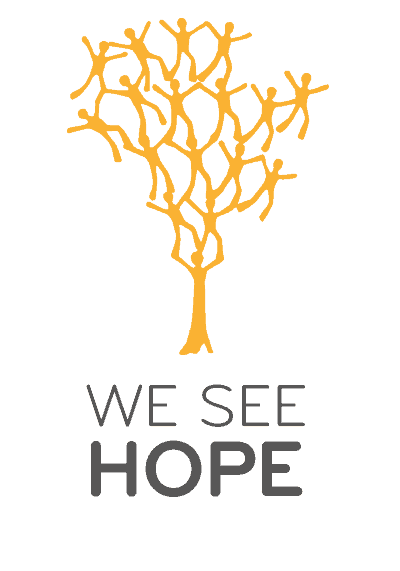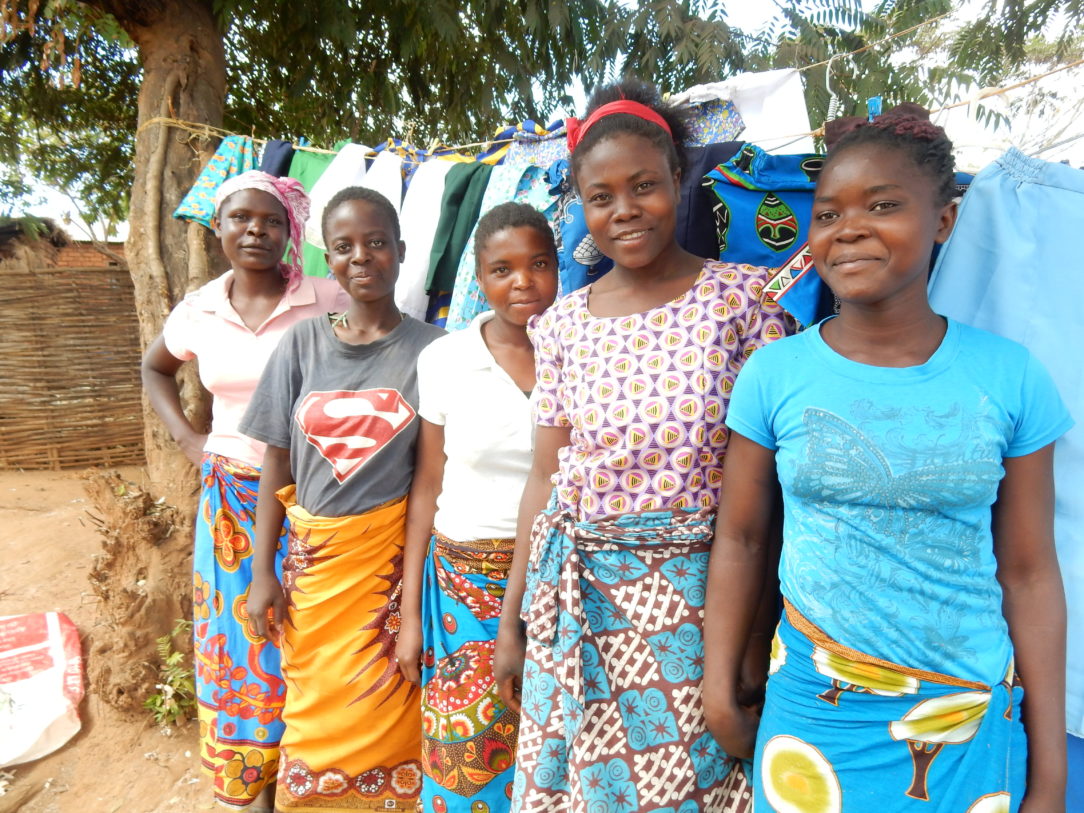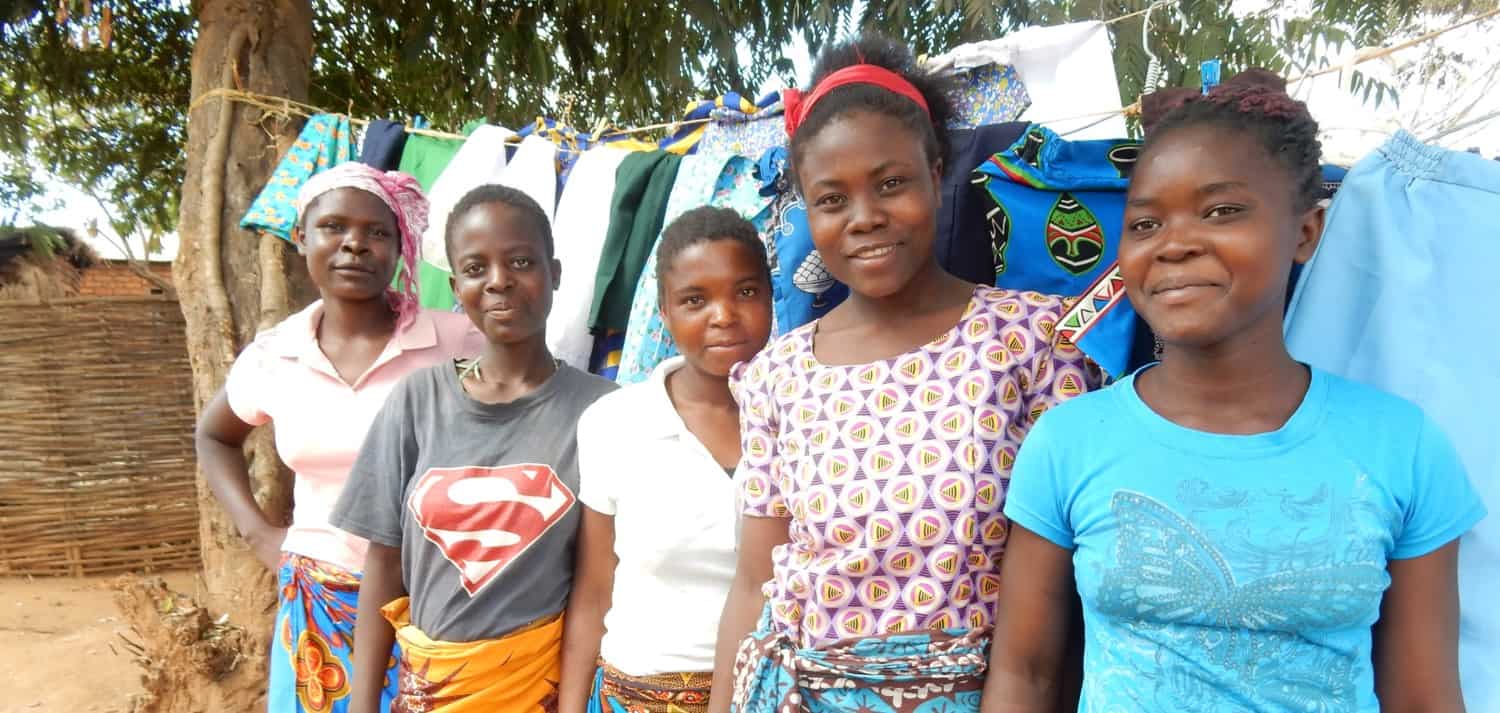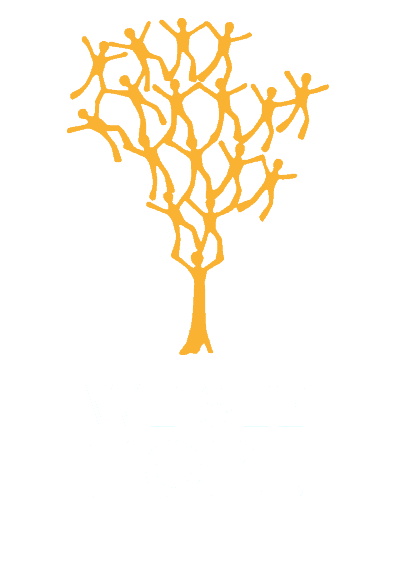In 2015, the United Nations (UN) adopted the 2030 Agenda for Sustainable Development, an international commitment signed by 193 states to work together towards a better future. At the heart of the agenda are the 17 Sustainable Development Goals (SDGs) which outline a series of targets, indicators and focus areas that lay the groundwork for achieving the 2030 vision.
One of the core principles behind the goals is inclusivity and a responsibility to “Leave No One Behind”. For governments, policy makers and organizations around the world, this principle is a commitment to ensure that marginalized communities and the most vulnerable have the means to participate in the development agenda.
Despite the progress that has been made towards achieving the 2030 targets, a recent report from the UN found that various crises of recent years, notably the COVID-19 pandemic, climate change, and emerging conflicts, have put achieving the goals in increasing danger, and have undone many of the steps taken since 2015. In times of crisis, it is often the most vulnerable and marginalized in society who bear the biggest burden.
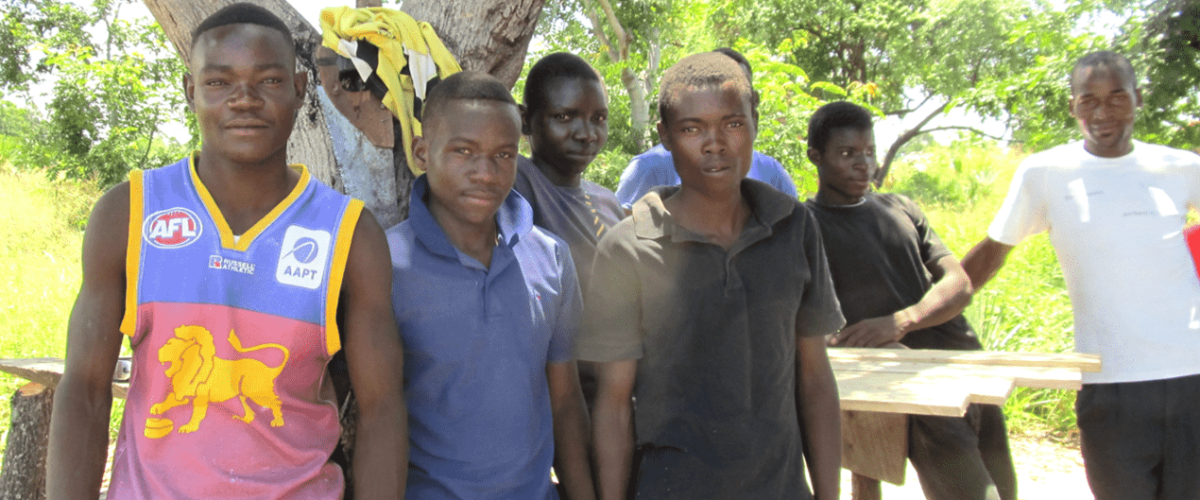
The events of recent years have affected young people in developing countries disproportionately. The OECD found that those below the age of 30 have been one of the groups hardest-hit by the COVID-19 pandemic and its impact on employment and education levels.
The 2021 Global Report on Ageism indicates that these problems run deeper. It finds that many young people around the world are often actively discriminated against due to their age and face heightened difficulties in access and participation in politics, employment, the legal system and various other areas of society.
The 2020 World Youth Report also found that young people in developing countries face increased barriers in accessing financial resources and support to launch and grow their businesses.
At the heart of this is the obstruction of rights. When these are not upheld, the potential of youth entrepreneurship and the ability of young people to contribute within their communities, the economy and society is diminished.
However, we know that when given the opportunity, they have the potential to achieve some amazing things. Throughout our programs, we are fortunate to work with many incredible young people, like Frodreck, Lydia and Innocent.
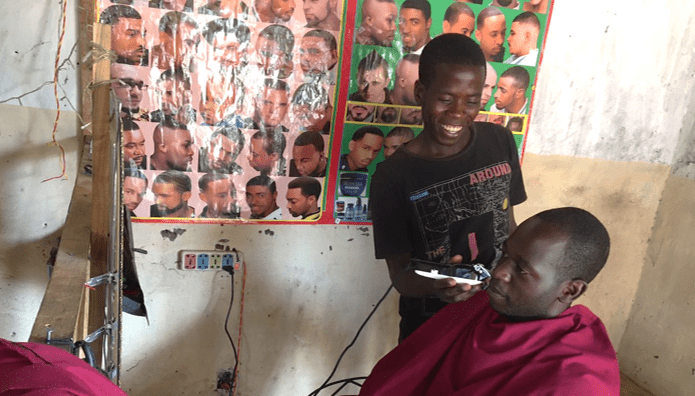
Frodreck pictured in his barber shop in Salima, central Malawi.
After Frodreck’s parents passed away in 2019 when he was just 18, he was left to live on his own and without an immediate source of income. After identifying his vulnerable situation, our partner in Malawi, MPC Nkhoma, introduced him to our Child Headed Household Program in September 2019.
As a member of the program, Frodereck has been supported to set up several businesses through which he is able to earn a reliable and diversified income. He currently runs his own barber shop and phone charging business, and he has also established his own food garden at his home, growing soya beans, maize, tomatoes and sweet potatoes. This means he has access to nutritious food as well as a further source of income.
As his businesses have developed and he has grown his income, Frodreck has expanded his influence as an entrepreneur by hiring, training and passing on his skills to three members of his community who now work for him. He is currently making a typical weekly profit of over 8,800 KWA ($8.50).
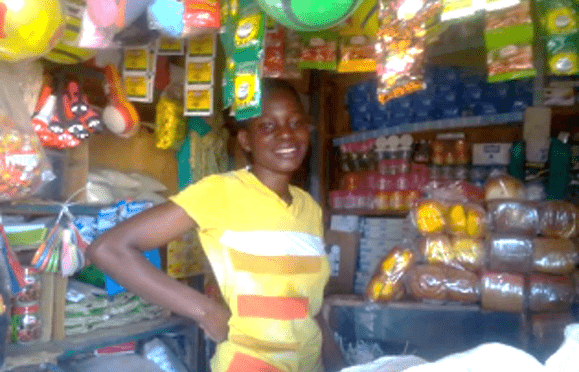
Lydia pictured in her shop in Mbale, Uganda.
Lydia is 29 years old and a mother of two children. Before she joined our Village Investors Program (VIP), she was struggling to make enough money to provide for them. They would often only eat one meal a day and eventually had to leave school as Lydia could not afford to pay their fees.
On several occasions she started businesses selling food and goods but they would fail because she had never been trained on how to operate and run a business and take care of its finances.
When Lydia joined the VIP, she saved little and often, enabling her to acquire a loan of UGX 700,000 ($186). With this, along with the business training she completed through the program, she opened her own shop selling household goods and food. She is now providing an important service in her community and is earning enough money to support her family’s needs and for her children to return to school.
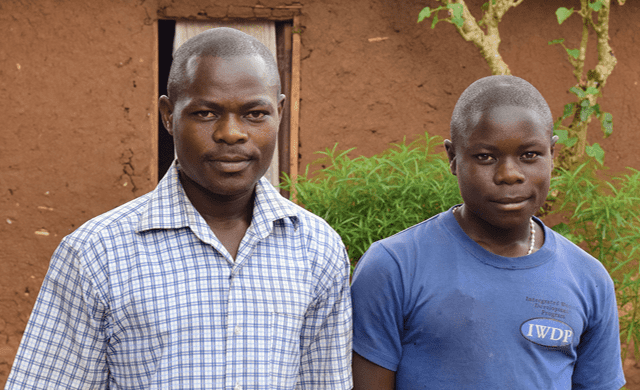
Innocent (left), pictured with his brother Busobozi.
Innocent, who is 28 years old and from Mirambi in western Uganda, is currently working as a Parish Chief for the local government, with plans to complete his university degree, train as Community Development Officer, and set-up a vocational training center in his community.
With the support of our Child Rights Club which he joined when he was 15, and later the VIP, Innocent was able to complete his studies, overcome challenging circumstances in his life, and become a role model within his community. Read more about Innocent’s story here.
When their rights and freedoms are upheld, young people have the potential to drive change within their communities and beyond. Frodreck, Lydia and Innocent are just a few examples of the young people we are proud to work with who have utilized our programs to create exciting opportunities for themselves and others.
As we move ever closer to 2030 and the deadline for achieving the SDGs, it is essential that governments and policy makers are improving access for young people to take part in the development agenda. Addressing the existing imbalances that they face will unlock a generation of young entrepreneurs who could prove critical in achieving the targets in the years to come.
